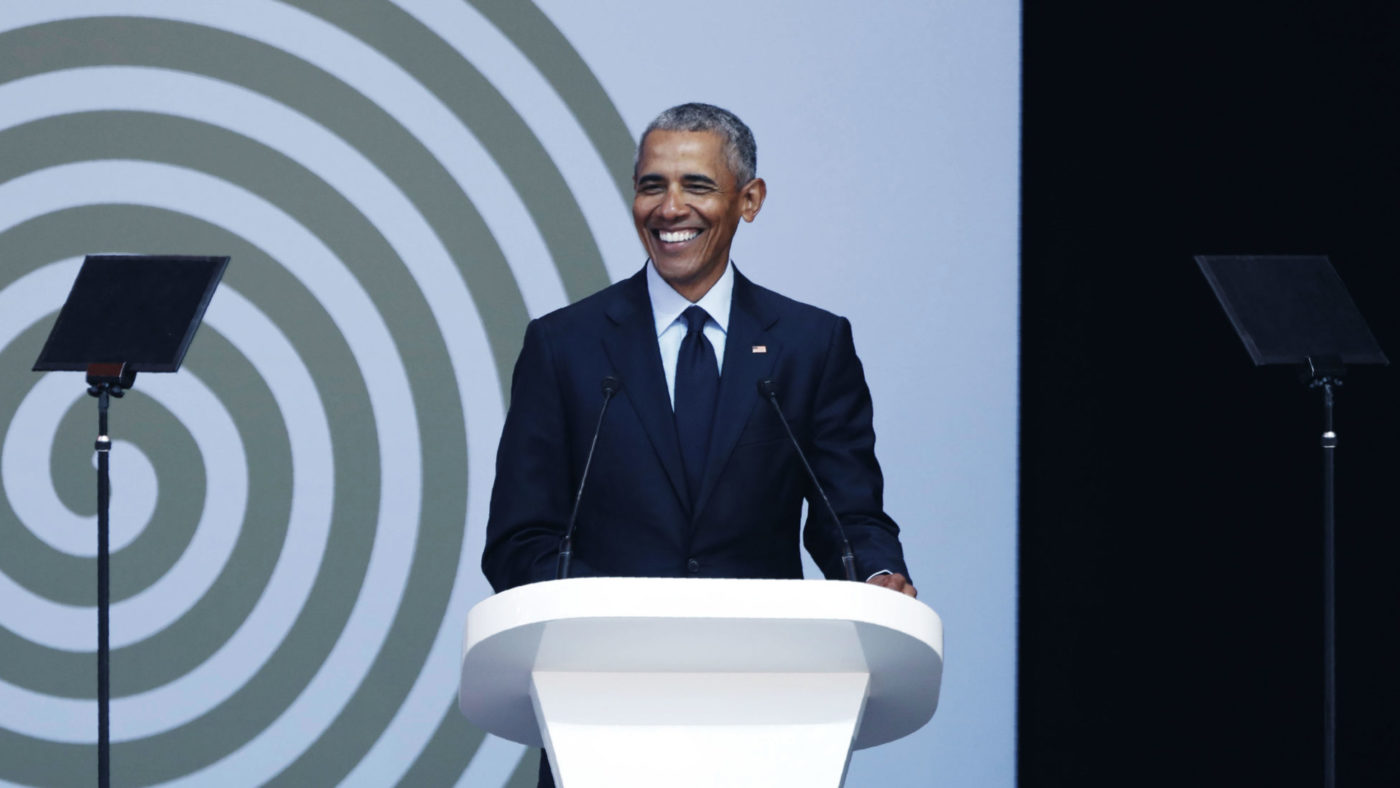This is a wonderful time to be alive in many ways – not least in the great strides being made for freedom and prosperity around the globe, as documented by fellow contributors to this site.
But how exasperatingly prissy the climate has become in terms of discussion. The internet has given us ever more opportunity to speak up, but has made us ever more cowed in exercising it. It is not so much that we fear arrest – although there have been instances such as police in “hate crime” units making enquiries with Christians for criticising homosexuality.
But more often it is unheroic self-censorship to avoid trouble. “Check your privilege!”, “I don’t need your mansplaining!”, “What do you think gives you the right as a ….to tell me as a….”. The Twitter lynch mob. The dreaded call from Human Resources querying an “inappropriate” comment or action that most would regard as entirely innocent.
Sometimes the attack on free speech has taken Orwellian proportions where stating an obvious truth can imperil a career. For example calling a woman “she” even when that woman has decided to “self identify” as a man.
Of course universities have been the worst. The adoption of a “No Platform” policy is not new – it was applied against Keith Joseph, Enoch Powell and others in the 1970s. But then the culprits were a few noisy extremists. These days the college authorities are often to blame.
As with so much that is fashionable – good and bad – it starts in the United States and then crosses the Atlantic to sweep across our own little island.
So Barack Obama’s defence of free speech while delivering the 16th Nelson Mandela Annual Lecture in Johannesburg was very welcome. He spoke of being willing to discuss and debate with those of another point of view:
“Maybe we can change their minds, but maybe they’ll change ours. And you can’t do this if you just out of hand disregard what your opponents have to say from the start. And you can’t do it if you insist that those who aren’t like you – because they’re white, or because they’re male – that somehow there’s no way they can understand what I’m feeling, that somehow they lack standing to speak on certain matters.”
While some on the Left are quick to make the charge of “cultural appropriation” Obama quoted Mandela during his trial in 1964 saying: “The Magna Carta, the Petition of Rights, the Bill of Rights are documents which are held in veneration by democrats throughout the world.” Obama then added: “In other words, he didn’t say ‘well, those books weren’t written by South Africans so I just – I can’t claim them. No, he said ‘that’s part of my inheritance’.”
That is a strong rebuttal, for instance, to those who suggest a man’s opinion on abortion should be disregarded.
Yet for all this eloquence, I am afraid that during Obama’s eight years as President his actions did not always match up with these ideals. Nadine Strossen, a former American Civil Liberties Union president, says that Obama was “terrible” when it came to upholding free speech. She has been involved in legal battles with the University of Michigan, among others, to defend free speech – an experience she has documented in her book: “HATE: Why We Should Resist It with Free Speech, Not Censorship”.
For example, in 2013 the Justice Department and the Education Office for Civil Rights sent a chilling joint letter to the University of Montana regarding sexual harassment. The missive stated it was to “serve as a blueprint for colleges and universities throughout the country” and declared that sexual harassment should be more broadly defined as “unwelcome conduct of a sexual nature”, including “verbal conduct”.
The American author David Bernstein said it applied “regardless of whether it is objectively offensive or sufficiently severe or pervasive to create a hostile environment”. He warned that this meant the federal government was “trying to impose a breathtakingly broad nationwide university speech code”. The Foundation for Individual Rights in Education said it was an attempt to ban “any expression related to sexual topics that offends any person” such as “any request for dates or any flirtation that is not welcomed by the recipient of such a request or flirtation”.
Nor was Obama a champion of press freedom. As he left office the New York Times stated: “Over the past eight years, the administration has prosecuted nine cases involving whistle-blowers and leakers, compared with only three by all previous administrations combined. It has repeatedly used the Espionage Act, a relic of World War I-era red-baiting, not to prosecute spies but to go after government officials who talked to journalists.”
Perhaps what give the game away in Obama’s lecture this week is his emphasis on tolerating debate as being an effective mechanism to advance your cause. That it is a tactic to promote a campaign.
No doubt it is, and more generally I’m sure that Donald Trump’s victory was partly a backlash against a society where robust plain speaking was in some respect not “allowed”. So Obama is right that it would be shrewd for the Democrats to be more tolerant and willing to engage.
Undoubtedly Obama’s endorsement of free speech is important. But what a measure of how imperilled the cause has become that he did not feel able to justify it in bold and unapologetic terms as a matter of principle.


